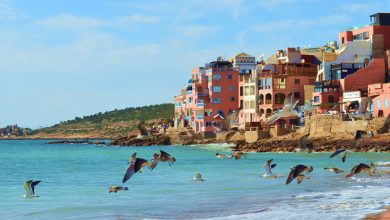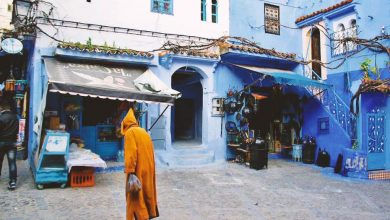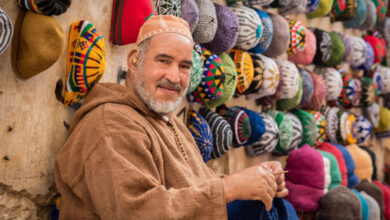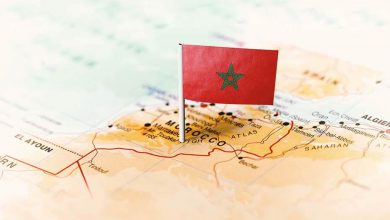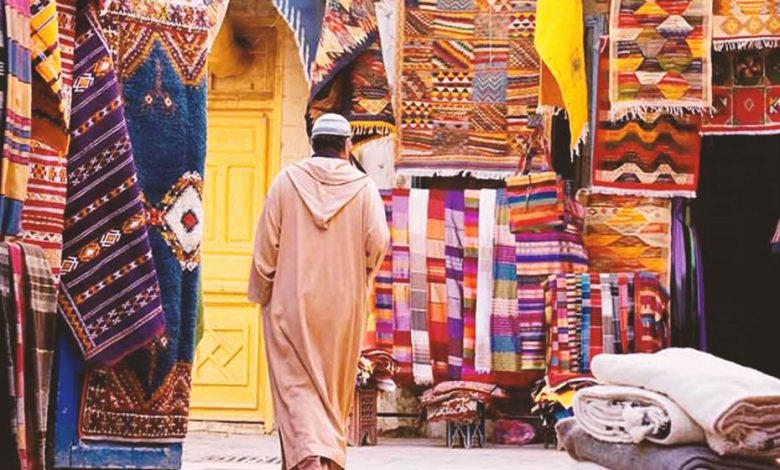
Some interesting facts to know and to be put into consideration before moving to Morocco
Cost of living, bureaucracy, and taboos of Moroccan society… In The Wall Street Journal, a journalist born in Morocco makes some clarifications for those whom the country seduces.
“A stable country, Morocco has long attracted foreigners thanks to its growth and economic balance,” Kamilia Lahrichi said in the international American daily newspaper The Wall Street Journal. The journalist, who is herself of Moroccan origin, warns future expats: moving to Morocco is a very good idea, but it is better to keep in mind some often neglected or simply unknown facts.
Life is not that cheap on the real estate side
While food is relatively affordable, especially in traditional markets, housing prices remain high. Rents are higher in Casablanca than in Boston, a 2014 study revealed. In Marrakech, real estate prices are similar to those in Western Europe. For small budgets, it is, therefore, necessary to favor smaller cities such as Essaouira for instance.
The society is multicultural
“Unlike other Arab countries, Morocco is composed of a unique mix of Arabs, Africans, Berbers, and Europeans.” Advantage: it is possible to manage in Morocco by speaking Spanish or French.
Learn more about the languages spoken in Morocco.
Morocco is a monarchy
The king reigns above all, the Constitution stipulates that he is inviolable and that respect is due to him. “No matter how long they have spent in the country, expats must never take the liberty of criticizing the king or the religion,” the journalist warns.
It is a traditional society
Unmarried couples are not allowed of living together, homosexuality is not tolerated and some women (depending on her age, the region where she lives, her entourage, etc.), must cover their legs and arms before going out on the street. During the month of Ramadan, it is better to take extra precautions because “Moroccans tend to be nervous during this time of year”.
Patience remains a virtue
“It takes the patience of a saint to confront the Moroccan bureaucracy,” warns Kamilia Lahrichi. In order not to waste too much time, it is advised to “stay calm”. “Moroccan management is slow, you shouldn’t worry, but rather be well prepared for the idea of simply waiting.”
The journalist’s conclusion: if you keep all these recommendations in mind, there is no doubt that an enriching experience awaits you in Morocco.


